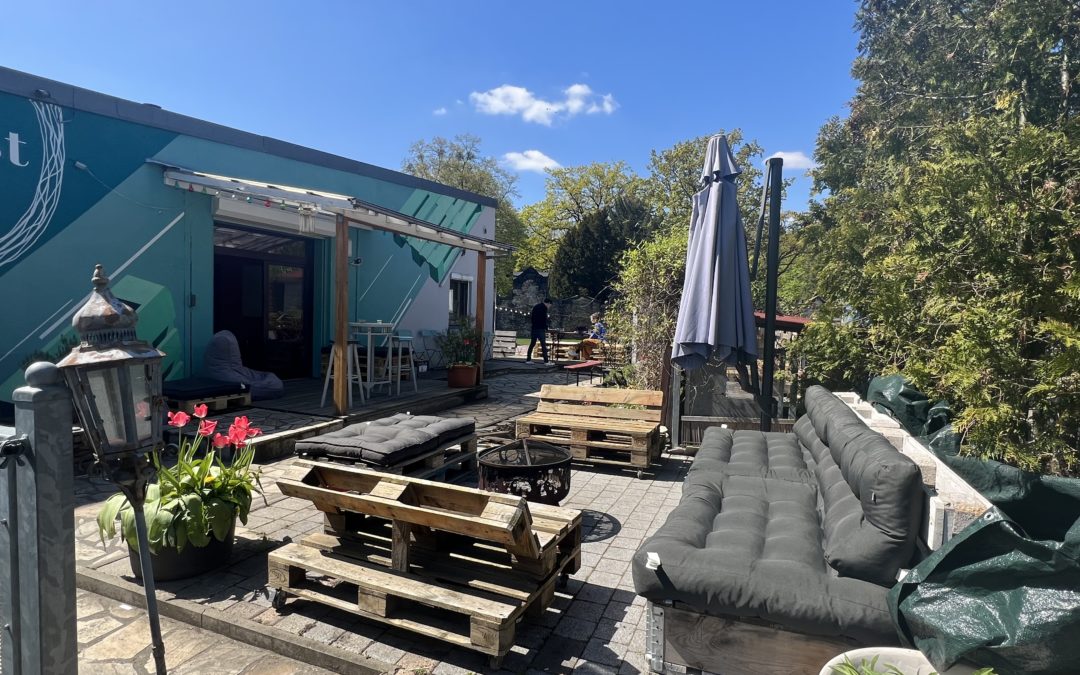Transforming a coworking space into a “fair space” involves creating an inclusive, equitable environment that promotes diversity, accessibility, and a sense of community among its members. This transformation can be achieved through intentional design, inclusive policies, and practices that ensure fairness and respect for all. Here are key steps to consider in this process:
Promote Diversity and Inclusion
Diverse Membership: Encourage a diverse range of professionals to join the coworking space, including individuals from different industries, backgrounds, ages, and ethnicities. This diversity can enrich the community, offering a wide range of perspectives and experiences.
Inclusive Events: Organize events and workshops that cater to various interests and promote inclusion. This can include diversity training, cultural celebrations, and discussions on social issues to foster understanding and respect among members.
Ensure Accessibility
Physical Accessibility: Ensure the coworking space is physically accessible to people with disabilities. This includes wheelchair accessible entrances, restrooms, and workspaces, as well as accommodations for those with sensory impairments.
Digital Accessibility: Make sure that digital resources, such as the coworking space’s website and online platforms, are accessible to individuals with disabilities, following guidelines for web accessibility.
Fair Use of Space
Equitable Access: Design the coworking space to provide equitable access to resources and amenities, such as meeting rooms, private phone booths, and workstations. Implement fair booking systems and usage policies to prevent monopolization of these resources.
Zoning for Different Needs: Create zones within the coworking space that cater to different work styles and needs, such as quiet areas for focused work, collaboration zones for team projects, and lounge areas for relaxation and informal networking.
Promote sustainability and ethical practices
Sustainable Practices: Adopt environmentally friendly practices, such as recycling programs, energy-efficient lighting, and sustainable procurement policies. This not only contributes to a fairer space in terms of resource use but also aligns with broader environmental responsibilities.
Ethical Operations: Ensure that the coworking space operates on ethical principles, including fair labor practices, transparent pricing, and honest marketing. This builds trust and fairness in the business model.
Foster Community and Support
Community Engagement: Create opportunities for members to engage with the local community, such as hosting public events, supporting local businesses, and participating in community service projects. This can strengthen the connection between the coworking space and its surrounding community.
Member Support: Offer support services for members, such as mentorship programs, networking opportunities, and business development resources. This can help level the playing field for smaller businesses or individuals just starting out.
Continuous improvement and feedback
Regular Assessment: Periodically assess the effectiveness of fair space initiatives and make adjustments as needed. This should include soliciting and acting on feedback from members to ensure that the space continues to meet their needs and expectations.
Transparent Communication: Maintain open and transparent communication with members about policies, changes, and the reasons behind decisions. This fosters a sense of trust and community ownership.
By focusing on these areas, a coworking space can transform into a fair space that not only provides a physical place to work but also nurtures a supportive, inclusive, and equitable community. This approach not only enhances the experience for current members but can also attract a broader range of potential members who value these principles.

